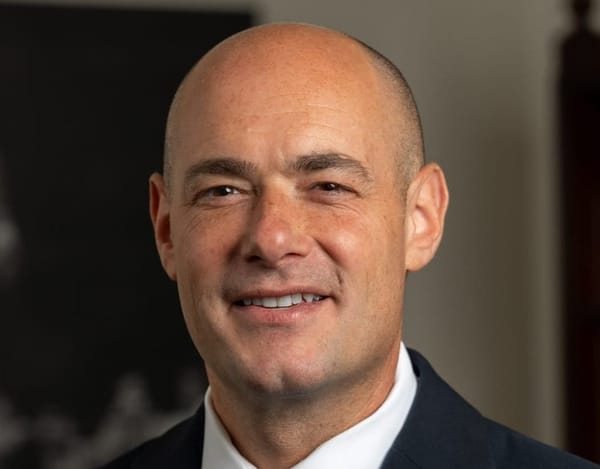WISPA Pushes Back on Calls for Symmetrical Gigabit Broadband Standard
Industry groups are urging FCC to reject long-term symmetrical speed goals.
Jericho Casper

WASHINGTON, Nov. 12, 2024 – Amid growing calls to raise the Federal Communications Commission’s broadband speed benchmark, major industry groups have urged the FCC to hold steady at the 100 Megabits per second (Mbps) * 20 Mbps standard it adopted just this year.
The Wireless Internet Service Providers Association, backed by support from industry heavyweights like CTIA, NCTA, USTelecom, and the Wireless Infrastructure Association, argued that raising the benchmark now, or setting decade-long projections, could be disconnected from actual broadband needs and inconsistent with federal policy.
“The [FCC] should reject. . .assertions that it should ignore precedent, the directives of Section 706, and the documented preferences of consumers to set benchmarks for advanced communications that are inconsistent with current broadband usage or that attempt to establish a priori standards extending many years into the future,” WISPA’s filing submitted by vice president of policy Louis Peraertz stated.
Directly challenging proposals like the Fiber Broadband Association’s recent call for a 1 Gigabit per second (Gbps) symmetrical benchmark, WISPA contended such benchmarks would be premature, lacking solid evidence of consumer demand to justify a “tenfold increase” in download speeds and a “fortyfold increase” in uploads.
“FBA offers no evidence that significant numbers of broadband consumers require consistent download speeds of 1 Gbps,” WISPA’s filing noted, emphasizing the FCC’s benchmark should reflect “a level of service that meets the essential needs of consumers for broadband access.”
WISPA also warned against setting long-term speed goals, as suggested by the North Carolina Rural Center’s proposal for benchmarks as high as 1000 * 500 Mbps by 2034.
“Setting a ‘long-term’ goal is inconsistent with the unpredictable nature of technological advancement and future consumer uses of broadband networks,” the WISPA filing stated. It “would conflict directly with the Congressional mandate that the FCC determine on an annual basis whether advanced telecommunications capability is being deployed to all Americans in a reasonable and timely fashion.”








Member discussion